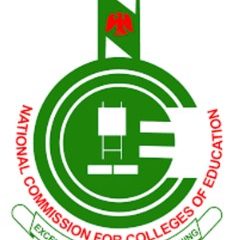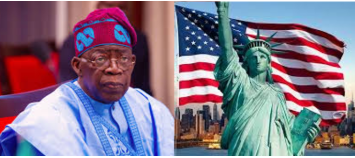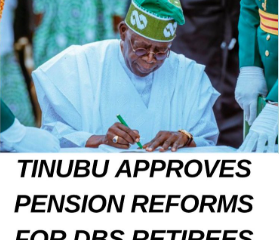A Tale of Priorities: Nigeria Presidential Fleet
In a bold display of priorities, the Federal Government of Nigeria has earmarked 55 billion naira for the maintenance of the presidential fleet in 2025. To put this into perspective, this single budget allocation surpasses the entire market valuation of Cadbury Nigeria, a long-standing icon in the nation’s economy, which is valued at 52.3 billion naira.
As opined by an X(Formerly Twitter ) user.
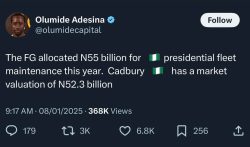
X post thought
This development comes amid a backdrop of widespread poverty, deteriorating healthcare systems, and failing infrastructure. Nigerians are grappling with daily hardships: hospitals operate without basic equipment, roads remain impassable, and schools are grossly underfunded. Yet, a significant chunk of the national budget is being funneled into preserving a fleet of luxurious presidential aircraft.
Nigeria’s challenges are no secret. According to recent reports, over 133 million Nigerians live in multidimensional poverty, while public health facilities face near-collapse. The nation’s educational system continues to decline, leaving millions of children with limited opportunities for a brighter future.
In this context, allocating 55 billion naira to the maintenance of the Nigeria presidential fleet raises critical questions. Why prioritize luxury in the face of such widespread suffering? What does this say about governance and the administration’s commitment to addressing the needs of its citizens?
Supporters of the administration have justified the move as part of broader reforms aimed at repositioning the nation. However, critics argue that such reforms appear disconnected from the realities of ordinary Nigerians. Instead of addressing pressing issues like healthcare, education, and infrastructure, funds are being directed toward maintaining the comfort of a privileged few.
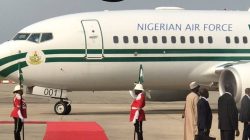
One of Nigeria’s Presidential jet
Nigeria is a nation brimming with untapped potential. Yet, decisions like these emphasize the growing disconnect between the country’s leadership and its people. The need for responsible governance that prioritizes the collective good over personal luxury has never been more urgent.
As citizens, it is vital to hold leaders accountable and demand transparency in the use of public funds. The question remains: Are these so-called reforms truly for the people, or are they yet another burden on a struggling populace?
The allocation of 55 billion naira for the presidential fleet highlights the stark disparity between governance and citizen welfare. In a nation yearning for progress, the focus must shift toward policies and expenditures that directly uplift the lives of Nigerians.
What are your thoughts on this allocation? Share your opinion below.

 Health1 week ago
Health1 week ago
 Business1 week ago
Business1 week ago
 Health6 days ago
Health6 days ago
 Latest1 week ago
Latest1 week ago
 Football6 days ago
Football6 days ago
 Latest1 week ago
Latest1 week ago
 Crime6 days ago
Crime6 days ago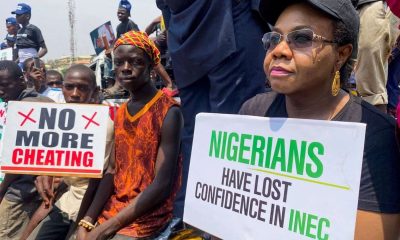
 Latest1 week ago
Latest1 week ago




